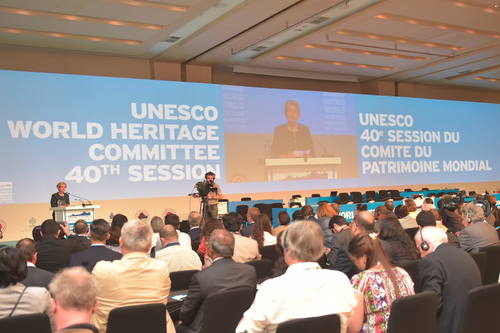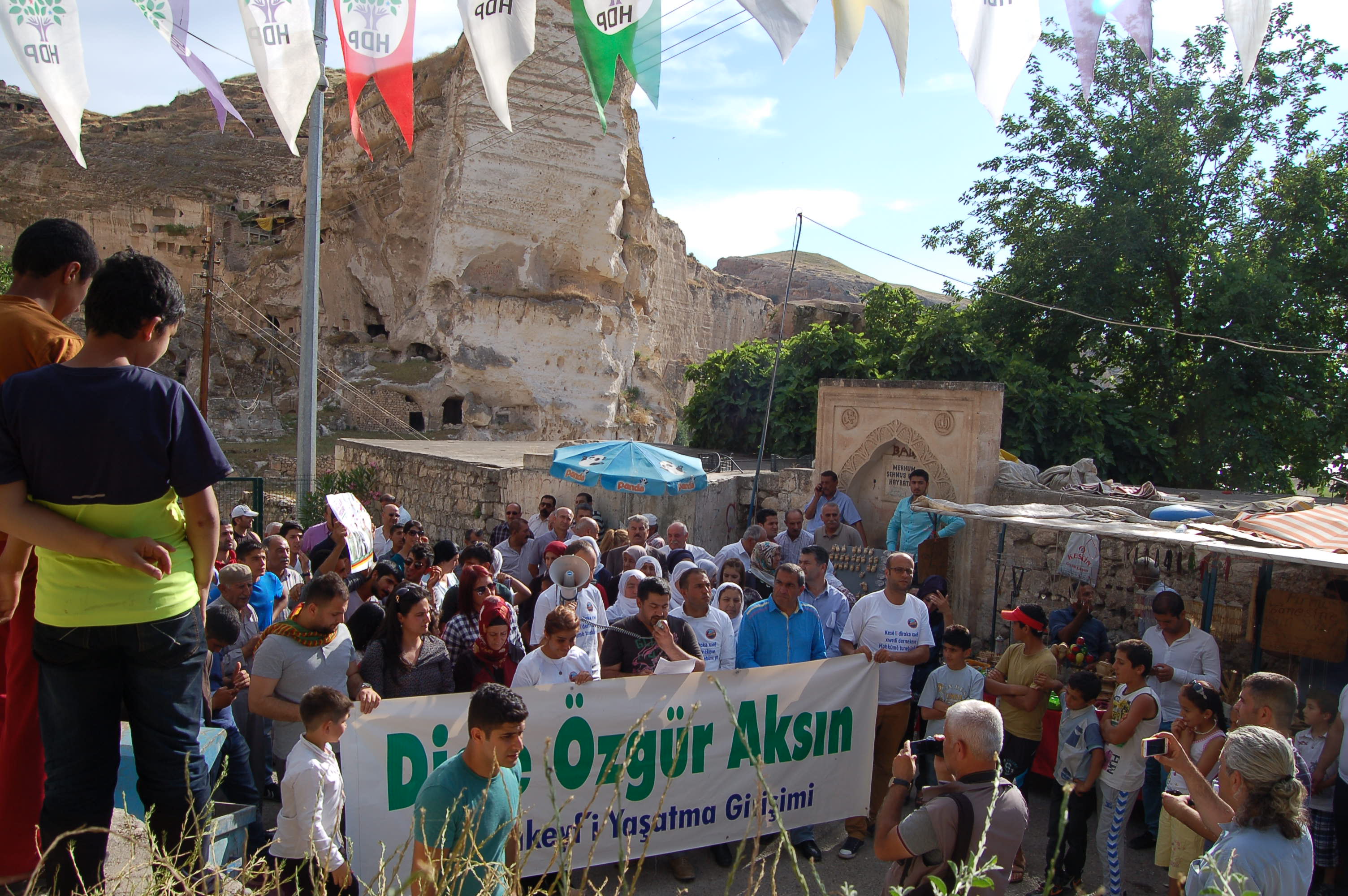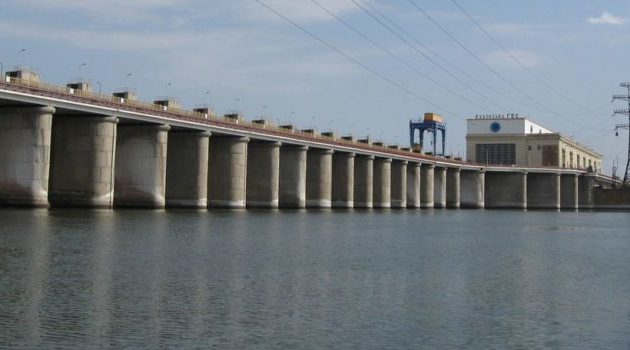Meeting Iraqi Kurdistan’s Lone Water Keeper
Maaz Farhan, NIQASH, 19/07/2017

Iraqi Kurdistan could have a serious water problem by 2025, authorities say. One Sulaymaniyah man is using his skills as an artist and video maker to highlight pollution in local waterways.
Even the fish don’t get to swim where they want to in Iraqi Kurdistan, says Nabil Musa, a 40-year-old local of Sulaymaniyah, who is becoming known as the northern region’s “waterkeeper”. Musa is the only Iraqi member of the international organization, the Waterkeeper’s Alliance, based in New York. The organization’s objective “is drinkable and fishable, swimmable water everywhere”. That is why Musa and his three friends are trying to use innovative methods to draw local attention to the problems in Iraqi Kurdistan. And in terms of the fish, Musa explains that various dams in the region have distorted fish migration. “That changes the nature of the animals in the water,” explains Musa, who returned home to Iraqi Kurdistan from Europe in 2011. Kurdish waterways are polluted by heavy metals, plastic bags, sewage, and oil refineries. “And if these problems are not addressed than the land here will become infertile,” he explains.
Musa says he has been worrying about the local environment since he was a child. His home was near a sugar factory by a river in Sulaymaniyah province. “I used to go fishing there and swim in the river. I left the country and moved to Europe in 1986 but I still dreamed about the river,” Musa explains. “But when I got back, the trees had all been cut down and the land sold. It looked as though the place had been bombed with chemical weapons. My childhood dream was gone.” Musa wants to educate locals about the power and value of their surroundings. He refers to Iraqi Kurdistan’s nature as “his doctor”. Whenever he gets sick he travels out to the countryside.
There are only three volunteers who regularly work with Musa and they are opinionated. “There are a lot of environmental organisations here but some of them print their posters on plastic and those posters will be thrown into the garbage at the end of the day,” argues Safin Mohammed, one of Musa’s regular volunteers. “They also know the dangers that plastic bags represent but they are still using them.”
The dangers of water scarcity that Musa and his friends talk about are real. The Environmental Protection and Improvement agency of Iraqi Kurdistan has already warned that the semi-autonomous region will be dealing with a severe water crisis by 2025 if something doesn’t change and if neighbouring countries keep damming rivers that flow through Kurdish land. “Most of the factories here don’t abide by any environmental bylaws,” Luqman Sherwani, a spokesperson for the agency told NIQASH. “Unlicensed oil refineries are also impacting the environment. They don’t even have to pass any tests and their locations are chosen randomly.”
Musa says he will continue fighting the good fight. As a performance artist, he often stages attention-getting events, doing things like standing on his head in the middle of a dump or making sculptures out of garbage bags. His fondest desire is to see Kurdish cities go green. “Human beings need to reconcile with nature,” he concludes.
Facebook page of Waterkeepers Iraq
Waterkeepers Iraq is a partner of ICSSI in the project “Mesopotamian Youth for Democratic Governance, Social Cohesion and Reconciliation“, funded by the European Union, and a member of the Save the Tigris and Iraqi Marshes Campaign.




